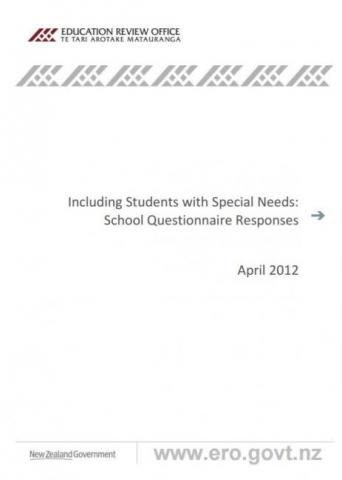VIDEO: Te Kura Huanui - Te Reo Rangatira
Published: 08 Jul 2021
Te reo Māori is a critical part of the learning environment in Māori-medium education.
There is a clear commitment from kōhanga, kura, kaiako, kaimahi, whānau, hapū and iwi to
the revitalisation and resurgence of te reo Māori me ngā tikanga Māori. Intergenerational
transmission of te reo Māori me ngā tikanga Māori is valued and kura view kaumātua and
- Audience:
- Māori-medium
- Content type:
- Research
- Topics:
- Video






